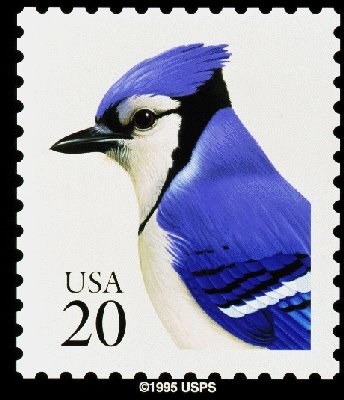Cat Head Theatre
Tuesday, October 31, 2006
Monday, October 30, 2006
Friday, October 20, 2006
from: A Border Comedy

A cold breeze smelling of seashells and rice
And then of trees arousing me
More than city life as I experience it requires
Is pushing back the curtains by the bed where I’m lying for a little while longer
To dream
That I’m a prisoner.
But I can’t pretend to sleep while writing this.
And if you turn from this to any other didactic poem you will see the contrast
Between adventure in the meditations of a woman and imagination in the speculations of a man,
The one depending on accumulation, the other on loss and gain
Which aren’t the same for everyone, enclosed in different circles
And in different skulls
And most of them guarded
Although things get in or out sometimes—the smell of blankets
Hanging in the dark, for example,
Or the story of the father who punished his daughter for being lazy because he didn’t understand her kind of work—
But those too are ideas.
Ideas contend with stories
And this is more worthy of consideration than the judgements which separate them into “good” and “bad”
Angels.
I know the poet is vain who writes of paradise.
Experiences run together through transitions
Which are long and short at once
And so I watch the long leaves at the narrow window of my cell
And blink.
Perhaps what is most amazing is that with crimes on my conscience
I can still kiss the wall.
My containment
Consists of a series of connections
Sustaining my conviction of having done something
And every act expresses a necessity
To improve.
In over half my dreams a moral dilemma figures.
There is a grazing horse charred in a grassy corral
And a bluejay named ‘Julie’ directing a flotilla of ships through a canal
Or a convocation of logicians in striped shirts watching a boxing match
In a rural gymnasium owned by my grandfather who is sad
And the dilemma emphasizes the parallels
Whose shadows shift
Through the rationalizing ambitions of the story.
My guilt is much like Descartes’ doubt.
No—those doubts were certainties, though achieved through “pain
And other sensations
Which could not have been foreseen”
And serve as bars
Or gates
Or guards of guides.
Signifier and signified.
They are snapping the distance
In a dream with an outward gaze that’s all about a gain
Of metaphor and change of shape
At this “stopping point”
Under the pressure of the senses
Which draw from ‘nature’ and develop reality.
That’s our reason for acting.
Reason is an aid to stories.
It’s the ghost out of the cell,
Reciting what it remembers, ruling nothing out,
Like Clio or Narrator or Anonymous.
But if the flesh of the ghost is no longer under pressure
Then, like a ghost, it’s gone
From its unusual or even downright alien position,
Us,
Of which it is an imitation,
Not knowing where to go,
An aporia,
Which will allow us to go beyond the limits of any one view point
And remain there.
Though it may not seem to follow.
But I’ve gained weight, my own weight
Under my own trusted and selfish senses.
My memory is filled with their impressions
I write when nothing answers
That something appears.
A terrible slaughter occurs.
As Kwame Anthony Appiah says, technology has not yet rendered slashing and hacking obsolete.
A city is a big city or a beautiful city
Or a crowed city
Or a small progressively-governed university city
And so forth.
Intellectual systems, speech in dreams, things that change like grass
Always end in combat
(Definition: action; motivation: lack)
Resulting in expulsion
(Expulsion here assumes the nature of a certain form of justice)
But a lot of things have changed.
An anecdotal story is often a span
Consisting of separate facts
Each tenuously connected to the next.
What we respond to are the attractiveness of the facts
And the view each one provides.
There are even such things as philosophical anecdotes
Going around,
Beautifully feathered and perfectly circling
So as not to diverge even an inch from the truths
Thrown among things
And lost in the woods.
Then along comes a woodcutter wearing blue boots
And carrying a bird in a sack over his shoulder
To justify his claims
To the accuracy of the metaphors of branching and perching
He uses
To describe both story and storyteller
When asked.
Where else can one find
Justice?
The young soldier knocks on the ground and an onion shakes.
The story is never universal
Though it may repeat
And even symbolize, like rocks for good or parts for wobble
And music.
With what does a story begin?
The marvelous is a cold vehicle for ink and paper.
The power of Rosa Luxemburg could not be imposed.
But here’s an ambitious undertaking;
An attempt to account for the Twentieth Century!
Goya’s small unfinished sketch of “Time, Truth, and History”
Was painted two centuries ago at a comparable time,
(1797).
It shows Time with its hourglass bringing naked Truth into the light
While History writes.
-- Lyn Hejinian
Monday, October 16, 2006
Thursday, October 12, 2006
Wednesday, October 11, 2006
Tuesday, October 10, 2006
Wednesday, October 04, 2006
Subscribe to:
Posts (Atom)
Archives
- ▼ 2006 (119)
- ► 2007 (102)


